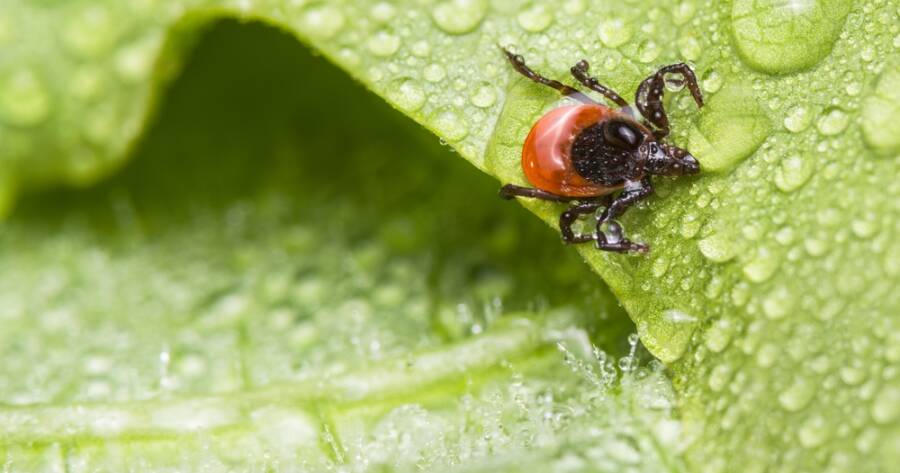Ticks can turn your yard into a hidden hazard, posing risks to both humans and pets. But keeping pests at bay doesn’t have to involve harmful chemicals or pesticides. With natural strategies like smart landscaping, strategic planting, and creating tick-free zones, you can enjoy a safe and healthy outdoor space. Explore effective, eco-friendly methods to tickproof your yard while protecting your family, pets, and the environment from these unwelcome intruders.
Landscaping That Tickproofs Your Yard
Ticks are a persistent issue for many homeowners, especially for those with pets or children who spend time outdoors. These tiny pests are not only a nuisance but can also pose serious health risks, transmitting diseases like Lyme disease, Rocky Mountain spotted fever, and anaplasmosis. Protecting your family and pets from ticks starts with making your yard an unwelcoming environment for them.
To tickproof your yard effectively, focus on reducing the areas where ticks thrive. Ticks prefer shady, humid environments with plenty of cover, so the goal is to eliminate these favorable conditions. Start by removing leaf litter, wood piles, and other debris where ticks may hide. Keeping your grass short and well-maintained further reduces their habitat, as tall grass provides an ideal breeding ground. Trim trees and shrubs around your home to allow sunlight to penetrate, making your yard less inviting to ticks.
Planting tick-repellent plants, such as lavender, marigolds, or chrysanthemums, not only adds beauty to your yard but also provides a natural defense against ticks. These plants emit scents that ticks avoid, creating a pleasant and protective barrier around your property.
Additionally, creating physical barriers can help prevent ticks from entering areas where your family or pets frequently play. A three-foot border of mulch, gravel, or wood chips around the perimeter of your yard is an effective deterrent, as ticks are less likely to cross dry, open areas.
Tickproof Your Yard With Essential Oils
If you’re seeking a chemical-free way to keep ticks at bay, natural methods offer safe and effective alternatives. These solutions are ideal for families with young children or pets who may come into contact with treated areas. Additionally, they are environmentally friendly, preserving the health of your soil, plants, and local wildlife.
Essential oils are one of the most popular natural repellents. Oils like peppermint, rosemary, or eucalyptus have strong scents that deter ticks. These can be diluted with water and sprayed around your yard, especially in areas with dense vegetation or heavy traffic. Tea tree oil is another versatile option. Known for its antimicrobial and insect-repellent properties, tea tree oil can be mixed with water and sprayed onto foliage, woodpiles, and other high-risk areas.
Other Natural Tick Repellents for Your Yard
Diatomaceous earth is another excellent option for natural tick control. This fine, powdery substance is made from the fossilized remains of diatoms and works by dehydrating ticks on contact. Sprinkle it around the edges of your yard, garden beds, or play areas to create a tick-free zone.
Garlic and onion are known for their strong odors, which repel ticks. By blending these ingredients with water and spraying them around your yard, you can create an environment that ticks find unappealing. Similarly, spices like cayenne pepper and cinnamon serve as natural repellents. Sprinkle them along the perimeter of your yard or in areas where ticks are likely to hide.
For additional protection, tick tubes or traps can be used without pesticides. These eco-friendly devices focus on reducing the tick population by targeting the animals that carry them, like mice, helping to control the problem at its source.
Creating a Safer Outdoor Space
Tickproofing your yard is essential for protecting your family and pets from the risks ticks pose. By incorporating natural repellents, maintaining a clean and well-kept yard, and using eco-friendly methods like tick tubes and diatomaceous earth, you can significantly reduce tick populations without resorting to harmful chemicals. A tick-free yard not only ensures peace of mind but also encourages everyone to enjoy outdoor activities safely and comfortably, making your outdoor space a true haven.

